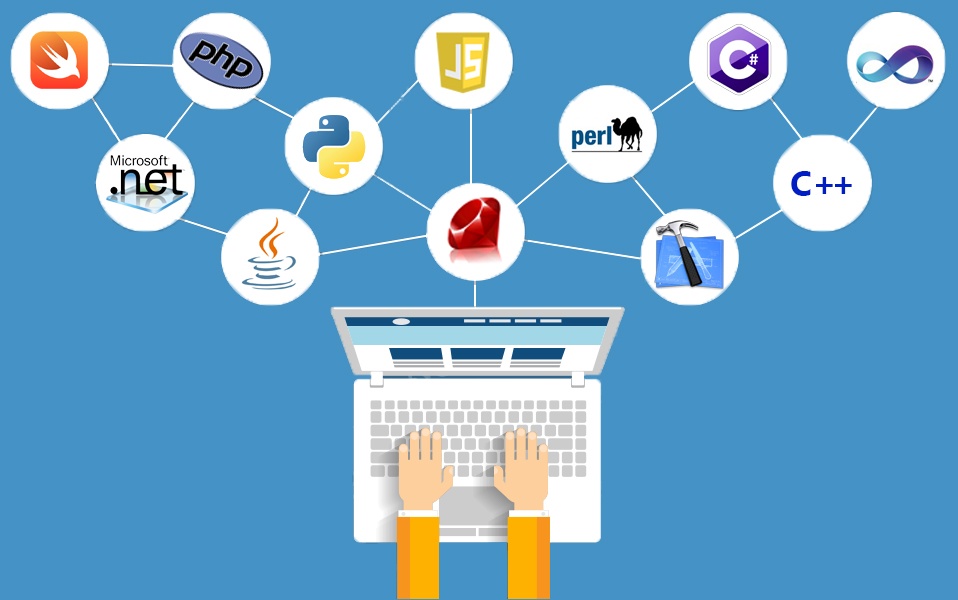M&A transactions involve numerous documents, and due diligence is a key part of this process. But it can be expensive and time-consuming, especially when both parties must work quickly to complete the due diligence. Virtual data rooms have changed this by replacing physical data rooms and document servers with a single platform, allowing buyers and sellers to complete the process quickly and cheaply. The best of these solutions incorporate reliable security features that ensure the safety of the documents in the files.
A key distinction between traditional and virtual data room services is how they are set up. Traditional VDRs, which are largely dedicated to M&A transactions, typically require you to download desktop software and plugins, which can make the entire experience difficult and even prevent access to the data room. They also are incredibly slow, and may even require the installation of companion software. Furthermore, they may not be compatible with certain systems, limiting your company’s use of these facilities. Fortunately, many companies have strict policies prohibiting employees from self-installing software, which means you can rest easy knowing that your information is safe and secure.
There are also several advantages to using a VDR for M&A. The technology is fast, and pulling out documents, copying them and distributing them to a number of recipients takes just a few clicks. The speed of access is a major factor for VDRs’ popularity. Moreover, the system is available around the clock, and it is possible to access the files at any time. This means that you can share confidential information without worrying about security breaches.
In addition to speed, VDRs allow for a seamless workflow that is facilitated by a user-friendly interface. The only drawback is that traditional VDRs require users to download desktop or plugin software to access the data room. This can impede the user experience and prevent access to the data room. In addition, these systems are slow and may even be incompatible with certain systems. In addition, some companies have restricted employees from installing these programs, due to security concerns.
Another benefit of virtual data rooms is the fact that they can help avoid the risks of physical data rooms. Most companies that use a digital service will be more secure than those with a physical one. Similarly, they will save time and money. A virtual data room will also reduce the risk of theft and protect the documents from being stolen. And while virtual data rooms are more convenient, they are also easier to maintain.
There are many benefits to using a virtual data room. Most of them are free, but you should consider the security of the information you store on them before choosing one. There are several ways to secure data and protect the privacy of your information. The best virtual data room will allow you to control access and control its contents. There are several advantages to using a virtual data room. The most important benefit is that it allows you to set the level of security required.

